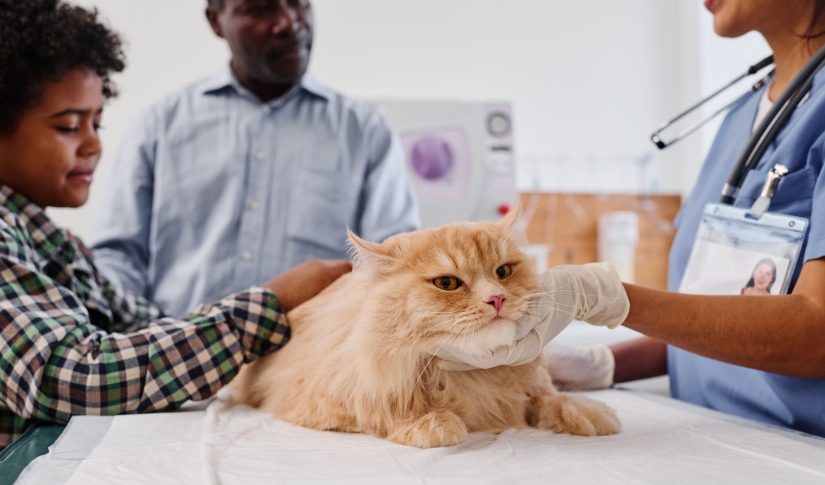How Preventive Care Plans Build Client Loyalty and Boost Veterinary Practice Revenue

Loyal clients are the backbone of any veterinary practice. They take an active role in their pet’s care, refer others, return repeatedly, and become the clinic’s core profit center. But trust and loyalty don’t happen by accident; these enviable clinic traits are carefully cultivated over time. Preventive care plans, also known as wellness plans, can help your veterinary practice achieve its loyalty and revenue goals.
Care plans provide a predictable revenue stream and offer clients simple, fool-proof plans for maintaining their furry pals’ health. Here’s how preventive care plans can benefit the hospital’s bottom line.
Why preventive care plans work
Today's pet owners are busy and budget-conscious. They want the best for their pets, but as the cost of living rises, veterinary care can fall further down the average client’s priority list. And with many people working extra hours or jobs to make ends meet, time and mental energy are often in short supply.
Preventive care plans offer an accessible, budget-friendly solution that takes the guesswork out of providing pet care. Instead of worrying about large vet bills and remembering to schedule vaccinations, dental cleanings, parasite testing, and other routine services at the correct times, pet parents can submit monthly payments and receive reminders about when each service is due.
Practices that offer wellness care plans may see improved client compliance with recommended wellness services because the plan makes them more affordable. Plans also encourage clients to schedule services due to the “use it or lose it” nature of the plans, leading to better health outcomes for pets and stronger client relationships over time.
Keeping pet parents engaged
Wellness care plans keep pet owners connected to the veterinary clinic throughout the year. Instead of visiting only when issues arise, clients visit at regular intervals for check-ups. Although plans cover only wellness services, many also include discounts for additional visits, so clients may hesitate less over cost when their pet is sick.
Routine patient care helps your team establish a relationship with pets and their owners, ensuring that pet owners feel supported and trust you when health problems or age-related diseases arise. Loyal clients partner with you in their pet’s care rather than watching from the sidelines.
Offering a variety of plans also keeps pet owners engaged, as they can choose a plan that feels custom-designed for their pet and avoid paying for extras they don’t need. For adults and seniors, plans can include advanced diagnostics that keep pet parents more informed than ever before.
Revenue streams and the bottom line
Wellness plans also impact practice revenue by creating a predictable revenue stream with consistent, monthly payments. The veterinary care plan model provides a cushion against seasonal slowdowns, missed appointments, staff turnover, economic hardships, and other factors that might threaten your finances.
A well-structured wellness plan also partners well with incentives and loyalty programs, such as discounted veterinary services for multi-pet households or bonuses for annual renewals. These thoughtful extra touches reinforce value and further increase client engagement.
Improving pet health outcomes
Client compliance is an ongoing challenge in veterinary medicine. When pet owners enroll in a preventive care program, they’re more likely to complete essential services on schedule. The plan structure eliminates cost surprises and, because clients pay for all services in advance, encourages them to get the most value for their money.
Consistent preventive care translates to dramatically improved animal health outcomes by enabling earlier detection of chronic health conditions and proactive treatments to address common changes.
Client communication strategies to promote preventive care plans
A wellness plan is only as successful as your team's ability to communicate its value. Team members must learn to confidently discuss how preventive veterinary care plans support pets’ health, make care more affordable, increase access to pet healthcare, and create peace of mind over time.
Provide talking points for team members to ensure consistent messaging during all visit touchpoints. Approaching preventive care plan conversations warmly, without pressure, can help to build client loyalty and trust. Adopting a cloud-based practice management system with wellness plan integrations can also help with implementation and management.
Wellness plans meet evolving veterinary client needs and expectations by combining good medicine with affordability, access to care, and innovative financial management practices. Offering wellness plans provides the experience clients have come to expect, encouraging loyalty and building lasting revenue streams that support profitability and long-term success.



